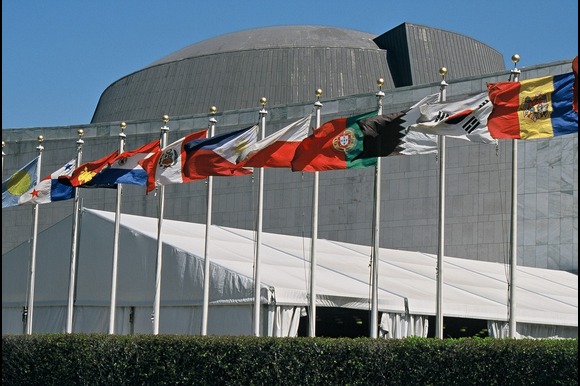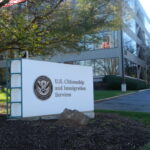South Africa aimed to revive international discussions on addressing global poverty on Wednesday, as finance leaders from several prominent economies opted out of a Group of 20 meeting in Cape Town, which was overshadowed by reductions in foreign aid.
This two-day conference follows the announcement by the Trump administration to significantly reduce funding for its USAID program, while the United Kingdom has cut its aid budget by 40 percent to reallocate resources towards defense expenditures.
Long-standing disagreements over trade, the conflict in Ukraine, and strategies for combating climate change have consistently hindered the G20’s ability to make substantial advancements on global issues. The recent absences threaten to further diminish the group’s credibility.
Following the confirmation of US Treasury Secretary Scott Bessent’s absence, finance ministers from Japan, India, and Canada also withdrew from the meeting. Others abbreviated their attendance, and the European Union’s leading economic representative chose not to participate.
“It is now more crucial than ever for G20 members to collaborate,” stated South African President Cyril Ramaphosa in his opening remarks, urging for multilateral cooperation. “It is essential to ensure that the rights and interests of the vulnerable are not overshadowed by the ambitions of the powerful,” he added.
The notable absences further diminish the likelihood of reaching a significant agreement in the final communique of the meeting. There appeared to be little optimism for substantial progress on issues that Ramaphosa, as the host, aimed to address, including the inadequate climate financing from affluent nations and the reform of a financial system that disadvantages poorer countries, alongside increasing inequalities.
Lesetja Kganyago, the governor of South Africa’s central bank, remarked that several recent G20 meetings concluded without a communique, and he noted that the representation of some countries by deputy ministers should not be viewed as problematic. “There is no one in the room then saying. ‘I’m going to make this point, but I think I am too junior so they might ignore it’,” he conveyed to Reuters.
British Finance Minister Rachel Reeves has defended the decision to redirect foreign aid funds towards increased defense expenditure. In her statement, she acknowledged the reality of a more perilous global landscape, asserting that investment, free trade, and reforms are essential for achieving sustainable growth.
Political scientist Alex van den Heever from the University of Witwatersrand in Johannesburg remarked that the absence of the United States from G20 discussions—coupled with its decision not to send its top diplomat to a recent meeting of G20 foreign ministers—complicates the path forward for the group.
South Africa had aimed to utilize the G20 as a platform to urge wealthier nations to enhance their efforts in combating climate change and to provide greater support for poorer countries in their transitions to green energy and adaptation to increasingly severe weather conditions. Energy Minister Kgosientsho Ramokgopa expressed to Reuters that the climate change skepticism exhibited by former US President Donald Trump would “reconfigure the conversation” surrounding green energy. He noted that the outcome of this shift remains uncertain, suggesting that some nations may reevaluate the extent and speed of their transition from fossil fuels to renewable energy sources.
Some analysts have indicated that the withdrawal of the G20’s largest economy from these discussions raises concerns about the group’s relevance. Conversely, others perceive this as an opportunity to advance initiatives without the United States. Daniel Silke, director of the Political Futures Consultancy, stated that there could be potential synergies among the remaining members on specific issues, viewing it as a chance for South Africa to assert its leadership role.






